Microsoft scraps egress fees for Azure — was its hand forced by Google and AWS?
Microsoft is the last of the ‘big three’ hyperscalers to waive egress fees for migrations to another cloud provider, but experts have expressed doubt about how important the move will be


Microsoft has announced it will allow unrestricted free data transfers out of its Azure cloud ecosystem for customers looking to switch cloud providers.
The move comes after fellow cloud giants Google and AWS announced they would be scrapping egress fees earlier in 2024. All three appear to be in doing so in preparation for the upcoming European Data Act, which looks to clamp down on vendor-lock in stifling competition in the cloud market.
Like AWS, Microsoft Azure previously offered the first 100GB of egressed data per month for free to all customers, regardless of which Azure region they were in.
Now, customers will be able to transfer an unlimited amount of data out of their Azure environment and migrate to another cloud provider as they choose.
Microsoft’s blog post announcing the policy shift included a statement about the firm's commitment to supporting customer choice and outlined how customers can go about migrating their cloud services.
Customers looking to take all of their data out of Azure will need to create a support request providing their Subscription ID and a rough estimate of the amount of data to be transferred.
The customer will then have 60 days to egress their data, incurring fees as normal, and will need to cancel all of the Azure subscriptions associated with the account.
Get the ITPro daily newsletter
Sign up today and you will receive a free copy of our Future Focus 2025 report - the leading guidance on AI, cybersecurity and other IT challenges as per 700+ senior executives
After this, customers can contact Azure support to request to claim invoice-level credit for the egress fees they paid.
As such, much like Google’s policy, Microsoft will only allow free cloud migrations to customers looking to switch cloud providers wholesale, and cancel all of their existing accounts.
AWS on the other hand, did not include a cancellation requirement for customers to enjoy free data transfers out of the ecosystem.
Microsoft matches AWS and Google, but how big of a problem is cloud lock-in?
The decision by Microsoft to scrap egress fees did appear inevitable given both its leading competitors in the cloud computing market struck a lead in this regard.
Speaking to ITPro earlier this month, Gartner VP analyst Sid Nag said he expected Microsoft to follow suit after Google and AWS’ moves in the space.
Nag noted the specific language in Google’s announcement that appeared to be singling out Microsoft, referring to “overly restrictive contracting terms or punitive licensing practices”.
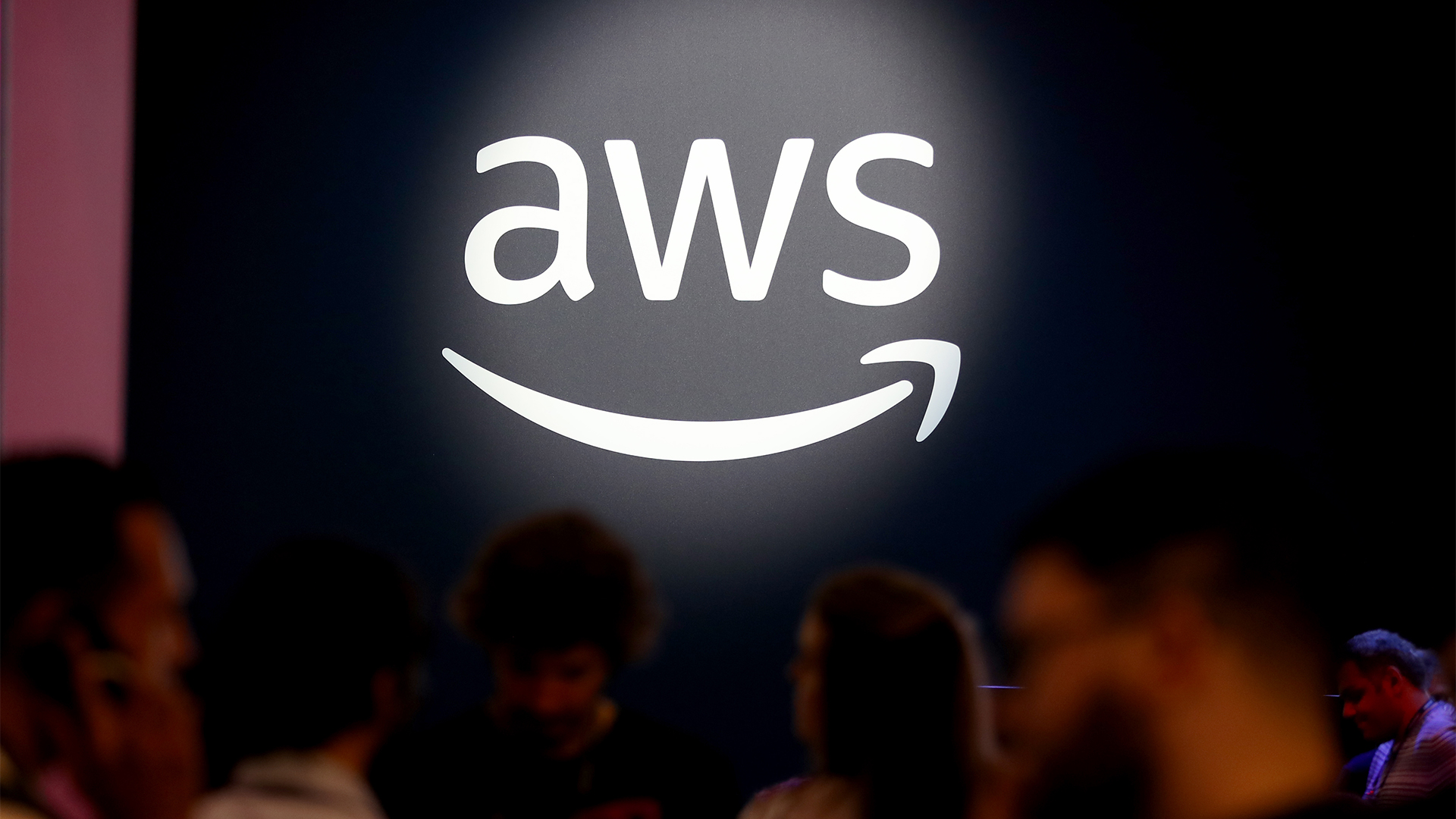
Google has not been alone in highlighting anti-competitive practices from Microsoft’s cloud arm, the UK’s communication regulator Ofcom has also singled out the hyperscaler
The UK’s Competition and Market Authority (CMA) launched an investigation into the cloud industry in October 2023.
The announcement highlighted egress fees, provider discounts, and technical barriers to switching ecosystems as a key focus for the investigation, referencing an Ofcom report that raised concerns around the licensing practices of some cloud providers, “in particular Microsoft”.
Nag suggested this was the ulterior motive behind Google’s early action, suggesting the decision had more to do with putting pressure on its competitor, rather than bolster consumer choice in the cloud space.
RELATED WHITEPAPER
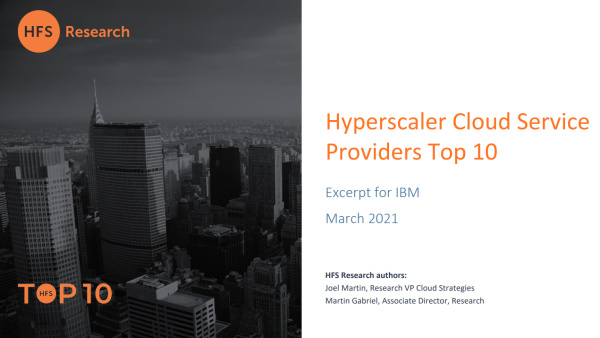
Cloud vendor lock-in is not as widespread a problem as many are making it out to be, according to Nag, who said moving into a cloud ecosystem is a big decision that requires rigorous planning.
As such, waiving egress fees for wholesale cloud migrations is not the silver bullet for realizing a multi-cloud future.
“I think the vendor lock-in story is overblown… you don’t move into a cloud without thinking through your move, it's a very well thought out and carefully planned process.”
Nag argued these moves have more to do with marketing than material improvements for customers, who still will have a serious amount of configuration and integration work to do when switching providers.
“In general, I don’t think there’s a vendor lock-in problem. It's a nice talking point, but in practicality I don't think it happens, especially in today’s world where you don't just randomly go into a cloud provider without thinking it through,” he explained.
"In reality, how often do people actually move out or decide to move out and then find that the fees are a barrier? I don’t think that happens a lot, does it happen? Of course it does. But does it happen wholesale? I don’t think it does.”

Solomon Klappholz is a former staff writer for ITPro and ChannelPro. He has experience writing about the technologies that facilitate industrial manufacturing, which led to him developing a particular interest in cybersecurity, IT regulation, industrial infrastructure applications, and machine learning.
-
 Should AI PCs be part of your next hardware refresh?
Should AI PCs be part of your next hardware refresh?AI PCs are fast becoming a business staple and a surefire way to future-proof your business
By Bobby Hellard
-
 Westcon-Comstor and Vectra AI launch brace of new channel initiatives
Westcon-Comstor and Vectra AI launch brace of new channel initiativesNews Westcon-Comstor and Vectra AI have announced the launch of two new channel growth initiatives focused on the managed security service provider (MSSP) space and AWS Marketplace.
By Daniel Todd
-
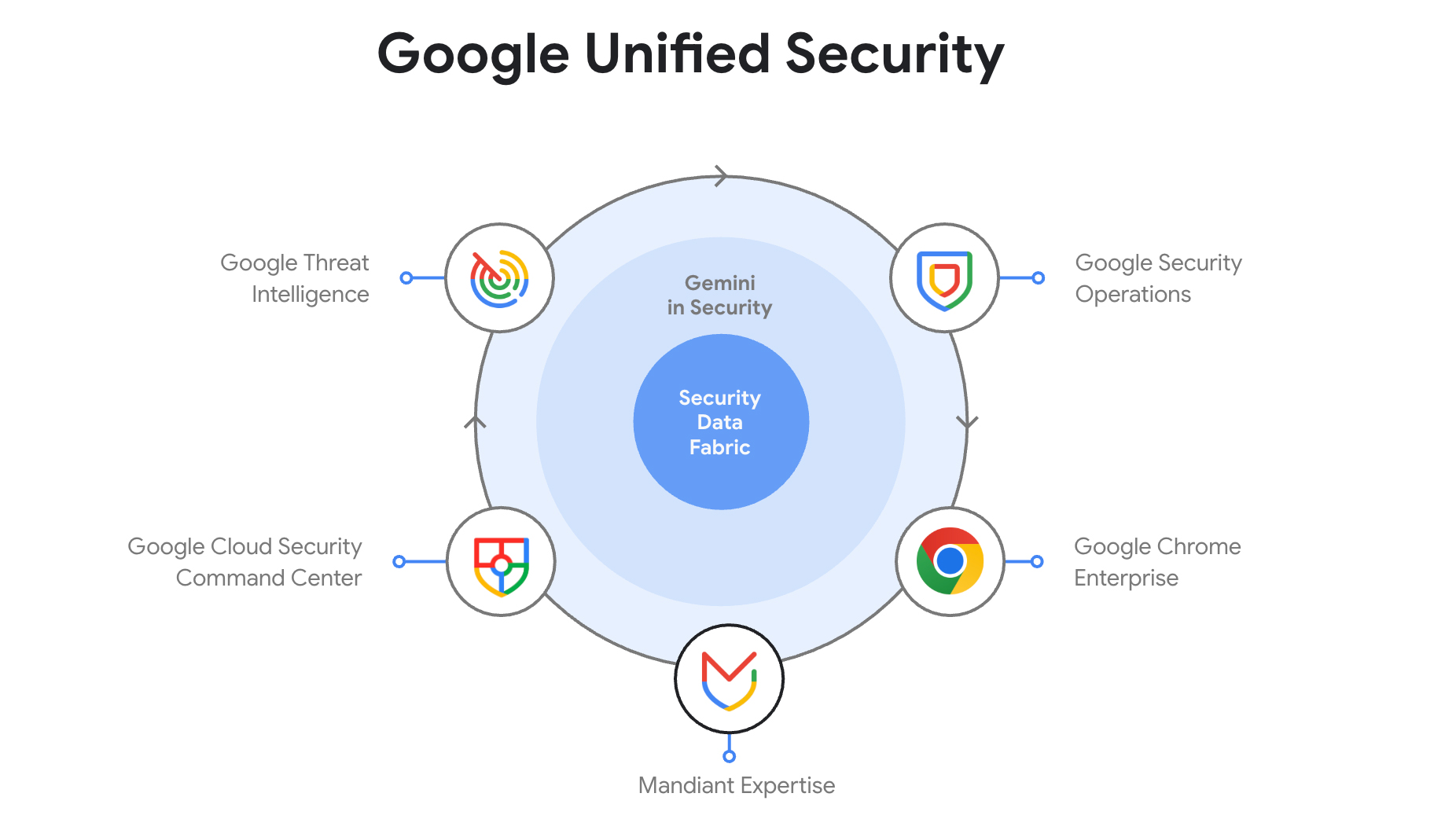 Google Cloud wants to tackle cyber complexity – here's how it plans to do it
Google Cloud wants to tackle cyber complexity – here's how it plans to do itNews Google Unified Security will combine all the security services under Google’s umbrella in one combined cloud platform
By Rory Bathgate
-
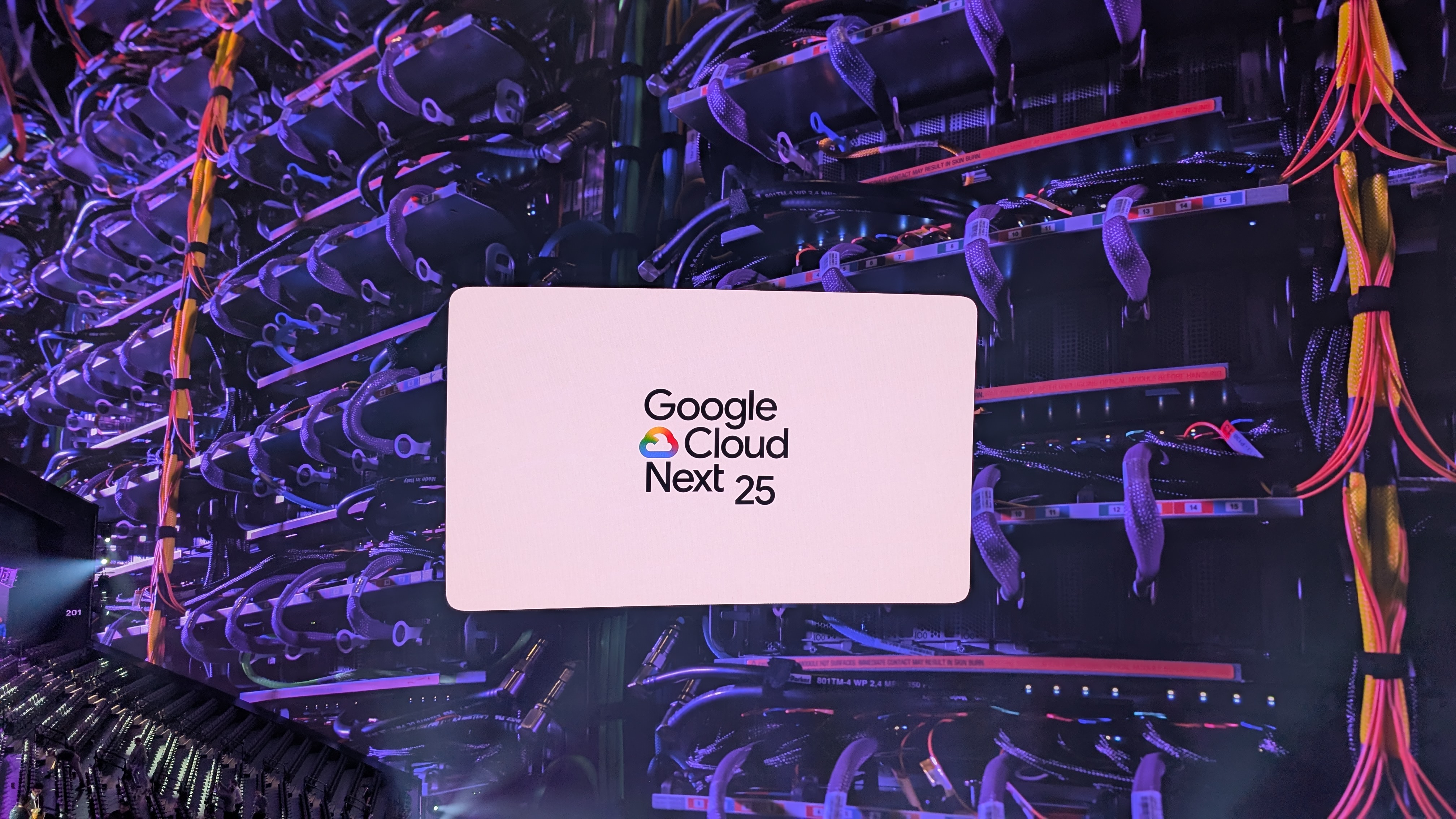 Google Cloud Next 2025: All the live updates as they happened
Google Cloud Next 2025: All the live updates as they happenedLive Blog Google Cloud Next 2025 is officially over – here's everything that was announced and shown off in Las Vegas
By Rory Bathgate
-
 Google Cloud Next 2025 is the hyperscaler’s chance to sell itself as the all-in-one AI platform for enterprises
Google Cloud Next 2025 is the hyperscaler’s chance to sell itself as the all-in-one AI platform for enterprisesAnalysis With a focus on the benefits of a unified approach to AI in the cloud, the ‘AI first’ cloud giant can build on last year’s successes
By Rory Bathgate
-
 The Wiz acquisition stakes Google's claim as the go-to hyperscaler for cloud security – now it’s up to AWS and industry vendors to react
The Wiz acquisition stakes Google's claim as the go-to hyperscaler for cloud security – now it’s up to AWS and industry vendors to reactAnalysis The Wiz acquisition could have monumental implications for the cloud security sector, with Google raising the stakes for competitors and industry vendors.
By Ross Kelly
-
 Google confirms Wiz acquisition in record-breaking $32 billion deal
Google confirms Wiz acquisition in record-breaking $32 billion dealNews Google has confirmed plans to acquire cloud security firm Wiz in a deal worth $32 billion.
By Nicole Kobie
-
 Microsoft’s EU data boundary project crosses the finish line
Microsoft’s EU data boundary project crosses the finish lineNews Microsoft has finalized its EU data boundary project aimed at allowing customers to store and process data in the region.
By Nicole Kobie
-
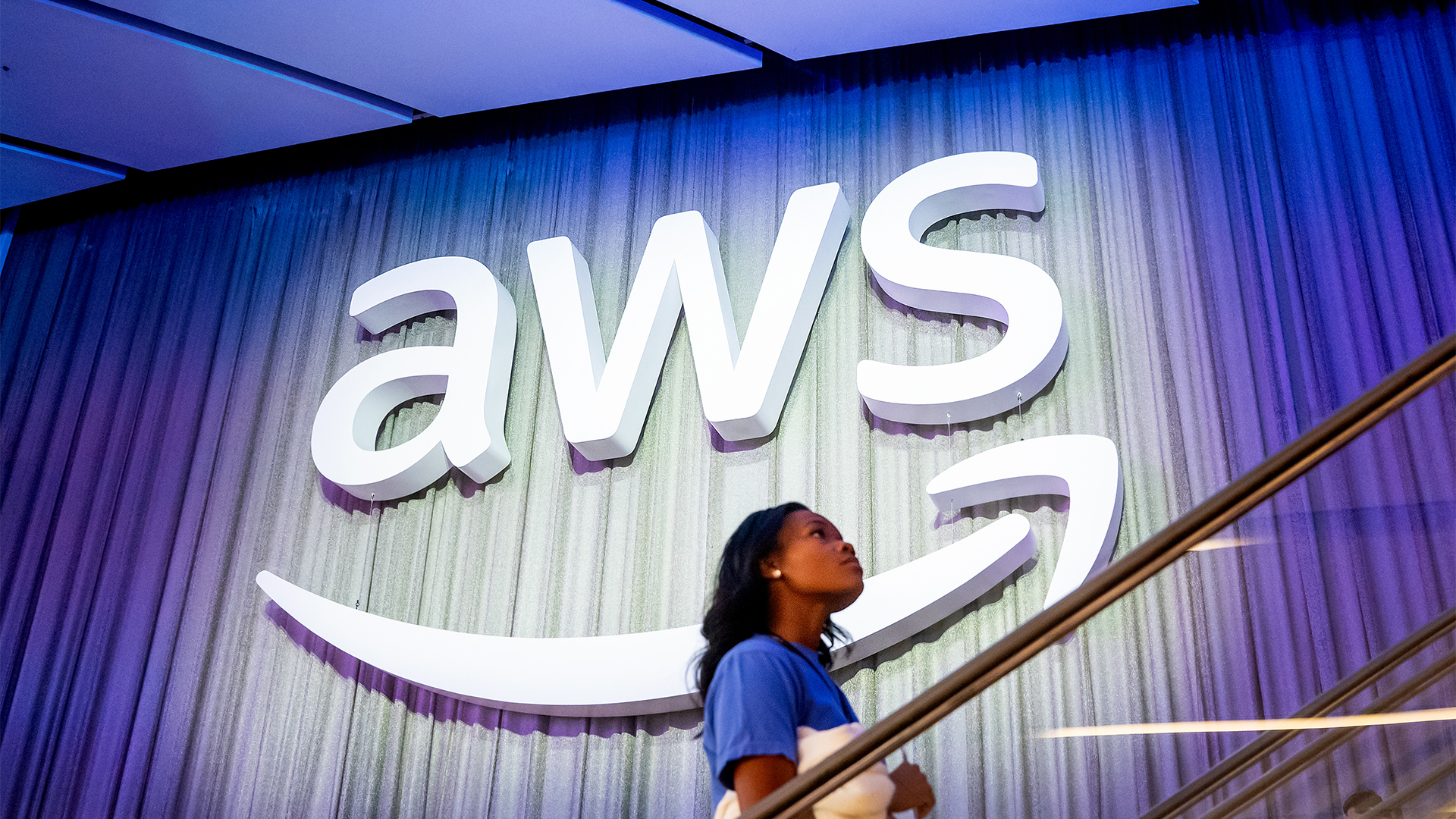 AWS expands Ohio investment by $10 billion in major AI, cloud push
AWS expands Ohio investment by $10 billion in major AI, cloud pushNews The hyperscaler is ramping up investment in the midwestern state
By Nicole Kobie
-
 Microsoft hit with £1 billion lawsuit over claims it’s “punishing UK businesses” for using competitor cloud services
Microsoft hit with £1 billion lawsuit over claims it’s “punishing UK businesses” for using competitor cloud servicesNews Customers using rival cloud services are paying too much for Windows Server, the complaint alleges
By Emma Woollacott